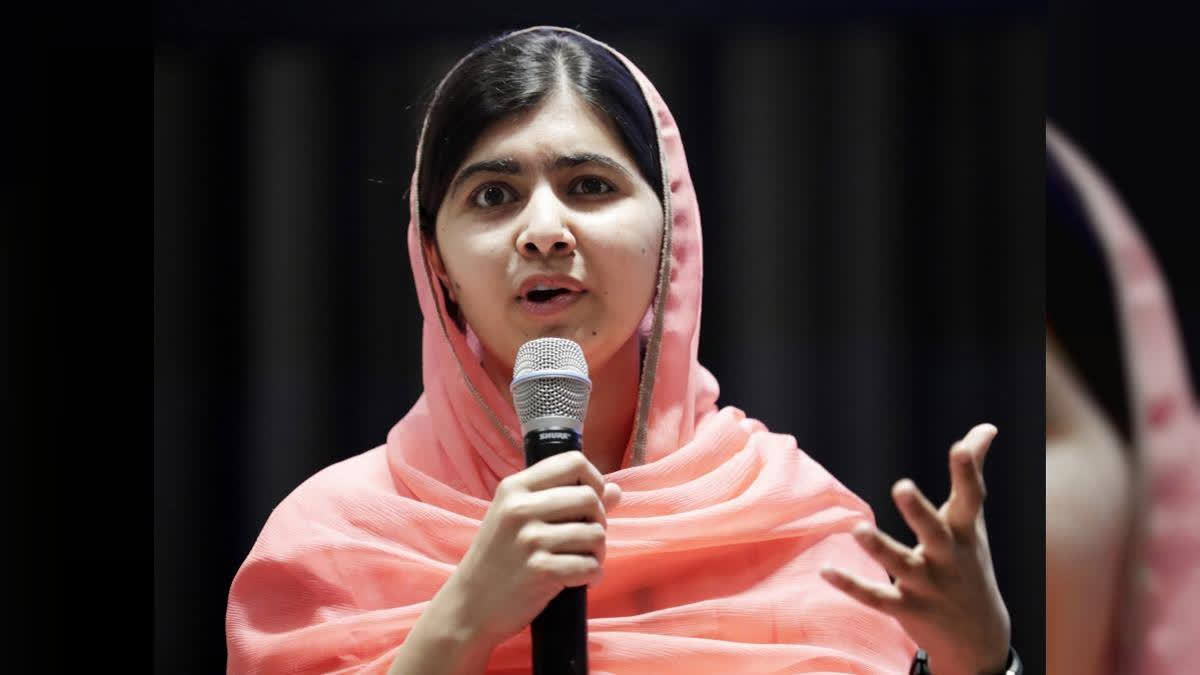New Delhi: International Malala Day, also known as Malala Day, is observed on July 12 each year to honour the bravery and resilience of Malala Yousafzai, a Pakistani activist for female education and the youngest Nobel Prize laureate.
The day is an opportunity to promote education for all children, especially girls, and to highlight the challenges many young people face in accessing education around the world. It celebrates Malala's advocacy and her dedication to ensuring every child has the right to education.
History of World Malala Day
Malala Day, observed on July 12th each year, honours the activism and courage of Malala Yousafzai, a Pakistani education activist. The day was first designated by the United Nations in 2013, on Malala's 16th birthday, in recognition of her advocacy for girls' education. Malala gained global attention after surviving an assassination attempt by the Taliban in 2012, following her outspokenness against their efforts to deny education to girls in Pakistan.
Since then, Malala has continued to advocate for education, women's rights, and children's rights worldwide. Malala Day serves as a reminder of the importance of education and the empowerment of young people, especially girls, around the world.
Who is Malala Yousafzai?
Malala Yousafzai is a prominent Pakistani activist for female education and the youngest Nobel Prize laureate. Born on July 12, 1997, in Mingora, Pakistan, Malala gained international fame for her advocacy for girls' education, particularly in regions where the Taliban had imposed restrictions.
Her activism began at a young age when she started writing a blog for BBC Urdu under a pseudonym, detailing her life under Taliban rule and their attempts to prohibit girls from attending school. In 2012, Malala survived an assassination attempt by the Taliban, which further amplified her voice and brought global attention to her cause.
Malala and her family relocated to the United Kingdom, where she continued her education and became an even more vocal advocate for girls' education globally. In 2013, she co-authored an autobiography, "I Am Malala," which further shared her story and advocacy.
Malala co-founded the Malala Fund with her father, which works to secure girls' right to a minimum of 12 years of quality education. In 2014, at the age of 17, Malala became the youngest-ever recipient of the Nobel Peace Prize for her efforts to promote education for all children, regardless of gender.
Since then, Malala has continued to champion education through various platforms, including speaking engagements, advocacy work, and by promoting the importance of girls' education in regions affected by conflict and poverty. Her courage and determination have inspired millions worldwide, making her a symbol of resilience, empowerment, and hope for young people striving for education and equality.



